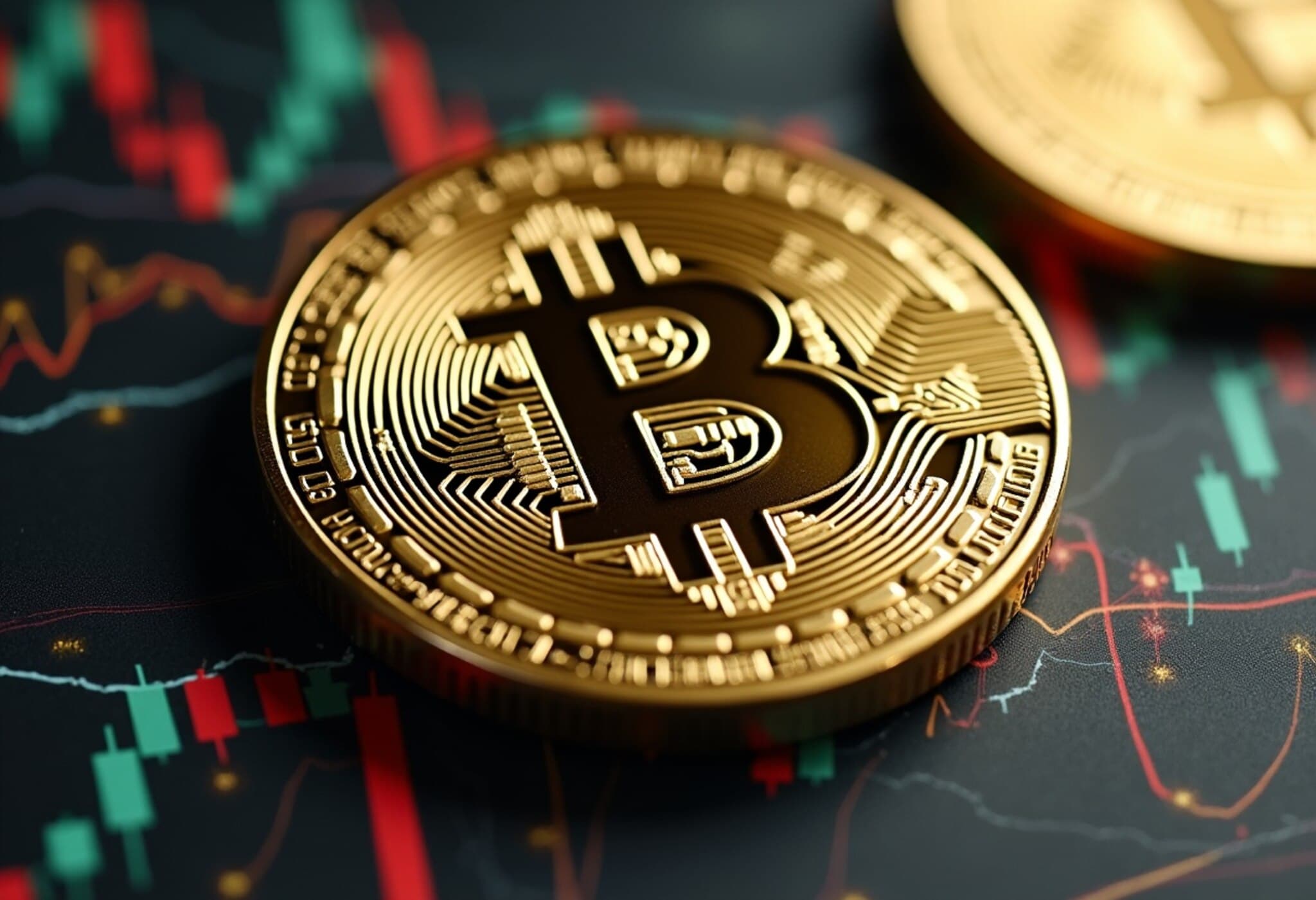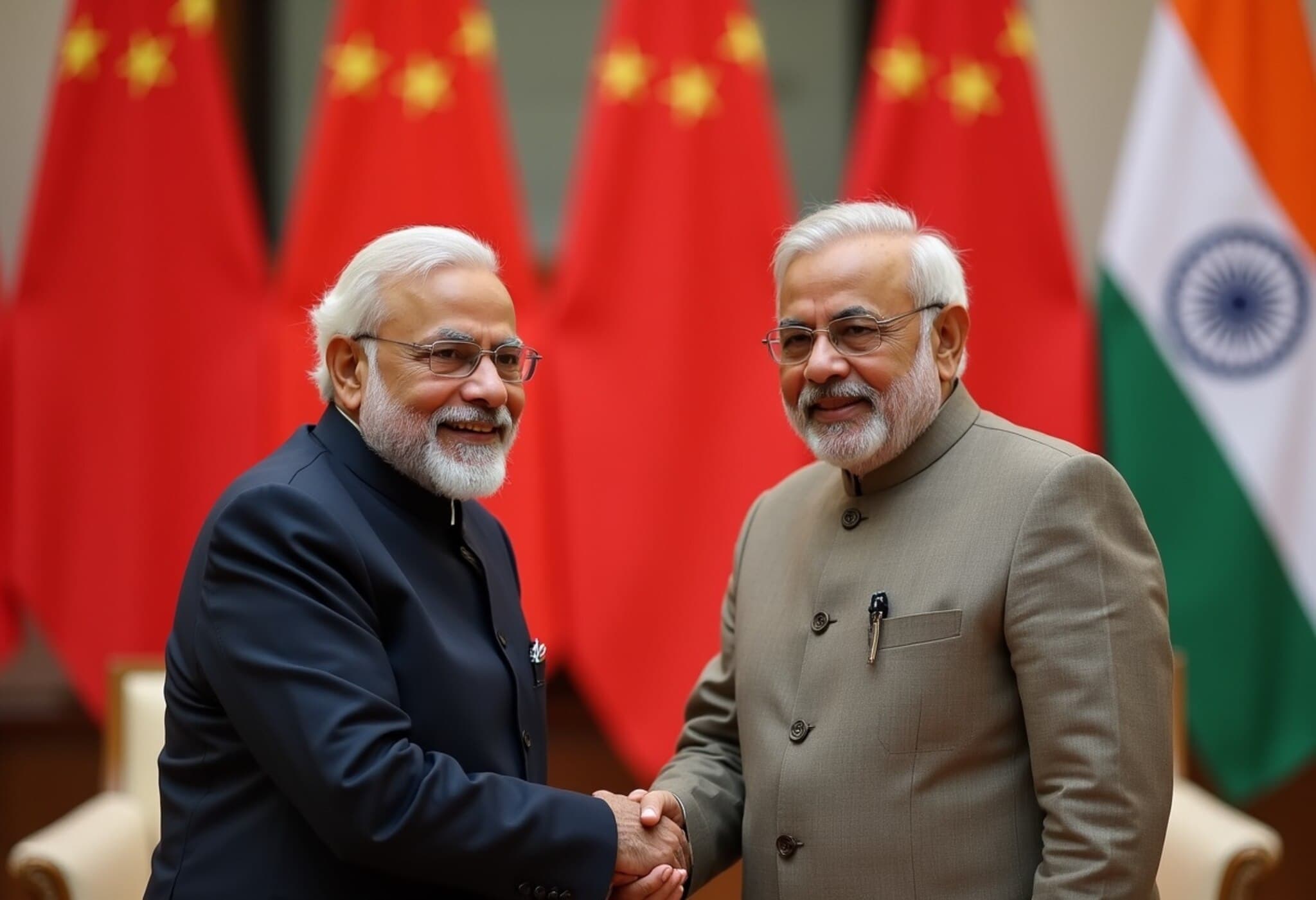Asia-Pacific Markets Show Mixed Performance Amid Economic and Political Developments
On Friday, Asia-Pacific financial markets displayed a patchwork of gains and losses, diverging notably from the broadly positive momentum on Wall Street. Investors in the region are digesting a fresh batch of economic indicators alongside emerging political uncertainties, painting a complex picture for global markets ahead of the weekend.
Japan’s Markets Slip as Inflation Moderates
Japan’s benchmark Nikkei 225 declined by 0.41%, while the broader Topix index slipped 0.39%. These shifts came in the wake of new inflation data showing the Tokyo core consumer price index (CPI) rising 2.5% year-over-year in August. This marks a slowdown compared to July’s 2.9% increase but still remains above the Bank of Japan’s 2% inflation target.
The Tokyo core CPI excludes fresh food prices but factors in energy costs, signaling that while inflationary pressures are easing, they remain significant—keeping monetary policy watchers alert. Additionally, Japan’s nationwide consumer inflation rate eased slightly to 2.3% in July from 2.5% the previous month, indicating a subtle cooling trend in price growth.
South Korea Faces Political Headwinds; Markets React
South Korean shares took a cautious tone Friday, with the KOSPI dipping 0.22% and the tech-focused KOSDAQ falling 0.27%. The declines followed reports that Kim Keon Hee, the ex-first lady and spouse of former President Yoon Suk Yeol, was indicted on corruption and bribery charges. This adds to a broader backdrop of political turbulence after Yoon’s contentious martial law declaration earlier this year.
The South Korean won weakened slightly, dropping 0.15% against the U.S. dollar to trade near 1,387.38 KRW/USD, reflecting investor jitters over political stability. Market participants will be closely watching any ripple effects from these developments on South Korea’s economic outlook and foreign investment climate.
Regional Markets: Australia Dips, Hong Kong and China Inch Higher
Australia’s S&P/ASX 200 modestly declined by 0.14%, while Hong Kong’s Hang Seng Index gained 0.51%, and China’s mainland CSI 300 edged up 0.13%. The mixed performance underscores varied investor sentiment across Asia-Pacific markets, shaped by diverse domestic factors ranging from regulatory environments to economic growth expectations.
India-China Dynamics in Spotlight Ahead of Shanghai Cooperation Summit
Adding to the geopolitical narrative, India’s Prime Minister Narendra Modi is set to attend the 25th Shanghai Cooperation Organization (SCO) summit this weekend in Tianjin, China—his first visit to China in seven years. The summit could serve as a pivotal moment for New Delhi and Beijing to engage in bilateral talks aimed at easing persistent tensions.
Diplomatic exchanges on the sidelines may provide new insights into the evolving India-China relationship, which has significant implications for regional stability and international trade dynamics.
Wall Street Hits New Records Amid Divergent Market Trends
While Asia grappled with mixed results, U.S. stock markets closed the session on a positive note. The S&P 500 rose by 0.32% to finish at 6,501.86, surging past the 6,500 mark for the first time intraday. The Dow Jones Industrial Average gained 0.53%, ending at 21,705.16, and the Nasdaq Composite added 0.16%, to close at a record 45,636.90.
These new highs on Wall Street highlight enduring investor confidence in U.S. economic resilience, even as Asia contends with nuanced regional challenges.
Expert Analysis: Navigating Complexity Across Global Markets
Market strategist Dr. Helen Morrison notes, "The divergence we’re seeing between Asia-Pacific and U.S. markets reflects differing macroeconomic trajectories and policy responses. Japan’s inflation moderation juxtaposed with political uncertainties in South Korea underlines the fragile balance investors must weigh. Meanwhile, the anticipation surrounding the SCO summit could add geopolitical volatility in the near term.
Investors globally are well-advised to monitor these unfolding stories, as regional developments may frame opportunities and risks well into the next quarter."
Summary Box: Key Takeaways
- Japan’s inflation cooling yet still above target influences market sentiment.
- South Korea’s political saga threatens market stability.
- Mixed regional market performance highlights local factors shaping investor behavior.
- India-China thaw possible at Beijing summit after prolonged diplomatic freeze.
- U.S. markets reach new heights, underscoring contrasting economic fortunes.
Editor’s Note
This nuanced divergence between Asia-Pacific and U.S. markets underscores the delicate interplay of economic data, political developments, and geopolitical narratives influencing global investor sentiment. As inflation dynamics evolve and diplomatic engagements unfold, market participants should stay vigilant about emerging risks and opportunities. The coming weeks could prove pivotal for aligning regional strategies with broader global economic trends.













